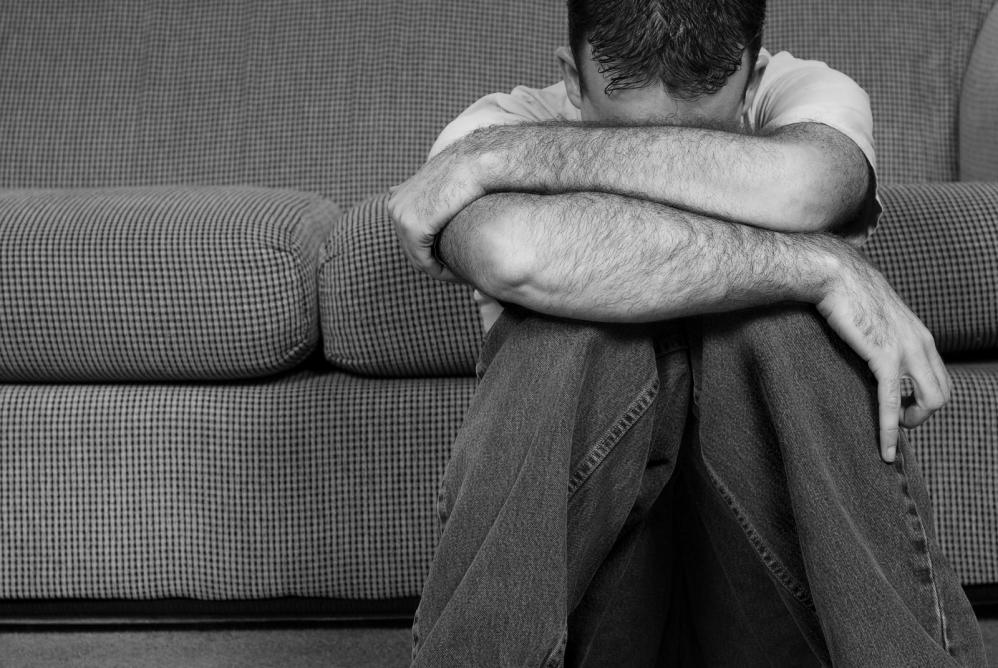According to the National Institute of Mental Health, one out of five individuals in the US suffers from a mental illness. Amongst these mental disorders and conditions, depression is the most common one, affecting nearly 16 million Americans over the age of 18.
For a person battling depression, their beliefs, memories, and emotions embedded in the subconscious are perceived through a negative filter. This leads to feelings of anxiety and frustration, further aggravating their depression.
The good news is there are ways to train our subconscious mind to better manage these aspects. Our thinking patterns and habits can be better understood and altered using psychotherapy, and this helps us improve our abilities to cope. As a result, the depressed individual is better able to manage and reduce their symptoms.
Breaking the Cycle
 Depression causes one to feel drained of all energy, motivation, and hope. This makes it extremely difficult for them to resume their regular activities and continue with their daily schedules. Even the smallest of tasks can be especially hard when you’re depressed, and performing them requires a lot of willpower and energy.
Depression causes one to feel drained of all energy, motivation, and hope. This makes it extremely difficult for them to resume their regular activities and continue with their daily schedules. Even the smallest of tasks can be especially hard when you’re depressed, and performing them requires a lot of willpower and energy.
The loss of interest, feelings of guilt or worthlessness, disturbances in sleeping patterns, and the physical and mental fatigue faced by the body don’t make matters any better either. While these symptoms may be short-lived at times, they can still have drastic consequences. In more severe cases though, the depressive episodes are frequent and put a huge strain on your mental health.
The recovery process is never exactly the same for each individual, but the key is to take it one step at a time. This is where hypnosis comes in.
How Does Hypnosis for Depression Work?
Hypnosis is a specialized form of psychotherapy that emphasizes on relaxing the mind and helping you stay focused. Through the relaxation and focusing techniques, it helps us dig deeper within our subconscious and get to the underlying cause of the negative thoughts and behaviors we display. Being in a highly relaxed state enables us to set aside the conscious part of our mind and interact directly with the subconscious.
There’s more to hypnosis than just relaxation of the mind. During this state, our mind is also highly susceptible to retaining and responding to newly provided information. This means that in this state, our subconscious will readily accept positive reaffirmations and suggestions for altering our thinking patterns. The unconscious negative thoughts and irrational responses can thus be managed effectively, and reshape our way of perceiving things.
Using hypnosis for depression helps in overriding the automated thought process responsible for our negative and irrational responses. It helps us release the suppressed memories and faulty habits, while reconnecting with our positive experiences and behaviors. This contributes to effectively treating depression and managing the depressive symptoms.
Rekha Shrivastava, M.S., CH, CRC, CASAC, at Blossom Hypnosis helps provides hypnotic treatment for individuals struggling with depression. Through effective self-esteem enhancement strategies, clients are able to get more in touch with their feelings and overcome the fear of expressing their emotions.
Book a free consultation today! Or request for an appointment via Skype.
Sources
https://www.nami.org/Learn-More/Mental-Health-By-the-Numbers
http://www.hcmsgroup.com/depression-affects-work-break-depression-cycle-january/
https://www.psychotherapynetworker.org/blog/details/729/breaking-the-cycle-of-depression


Be First to Comment